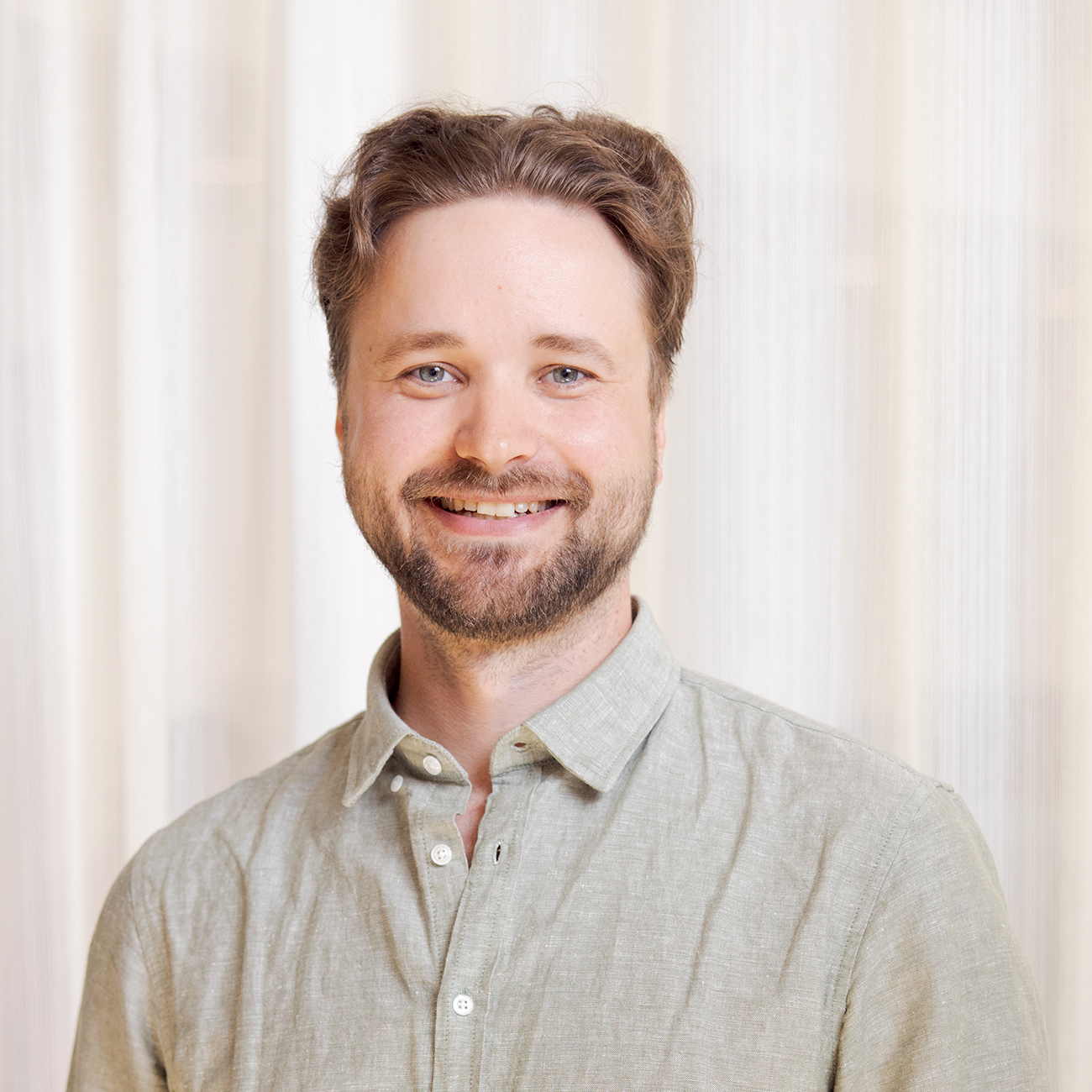Welfare technology helps address the challenges of sedentary behaviour in Helsinki
The costs of sedentary behaviour are socially significant: we are sitting more and moving less than ever before. On the other hand, Finland has long been considered to be a pioneer in welfare technology.

Our small country has given rise to major global companies in the sector, Suunto and Polar being good examples. In recent years, Oura has also made a strong entry into the global welfare technology scene.
Helsinki takes a broad view of wellbeing and wants to provide all of its residents with the conditions for a good life. That is why the City of Helsinki wants to work with businesses to see if they can provide solutions to the explosive problem of sedentary behaviour.
“Solutions to tackle sedentary behaviour must be sought today. Not tomorrow or the day after that. Finland has generated many great ideas in the field of welfare technology, but there is still plenty of room and need for new operators,” says Roope Töllikkö, Innovation Agent for the City of Helsinki.
Accordingly, the City of Helsinki wants to promote new technologies to address health-related challenges. Digital solutions, such as virtual reality, robotics and artificial intelligence, make social services and healthcare more efficient, while also offering solutions to support individual wellbeing.
Wellbeing and physical activity are at the heart of the City’s innovation work
The work of City of Helsinki Innovation Agent Roope Töllikkö involves promoting the City’s innovation and testbed activities in wellbeing, physical activity and exercise.Töllikkö’s work focuses on City-led experimentation and co-creation, allowing companies to test their products in real environments, with real people and with the support of experts from different sectors.
Testbed activities with the City are possible through innovation challenges, for example. In the challenges, the City specifies the innovation need and the target group for the trial, after which companies can apply for the challenge through an application process. With the selected companies, the City carries out a pilot for a few months. There have already been two innovation challenges: in 2020, solutions were sought to activate the City of Helsinki’s staff and at the beginning of this year, a challenge was organised to promote the physical activity of older people. And there are more challenges to come.
“Co-creation provides companies with vital data on the performance and effectiveness of their product or service. The City of Helsinki, in turn, makes its huge resources available for the trial. Educational institutions or social and healthcare service centres, for example, can serve as pilot environments,” says Töllikkö.
Töllikkö encourages companies and other RDI operators in the field of wellbeing and physical activity to contact him with a low threshold. The aim is to improve the wellbeing of the city’s residents and promote the vitality of Helsinki together!
